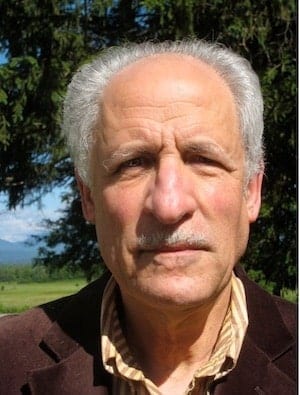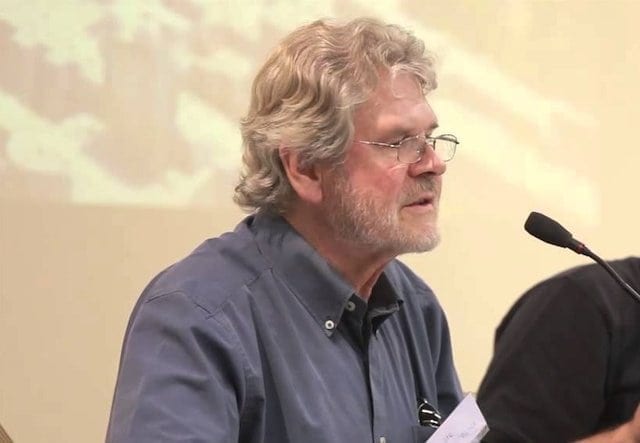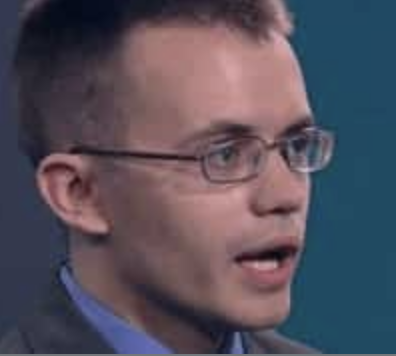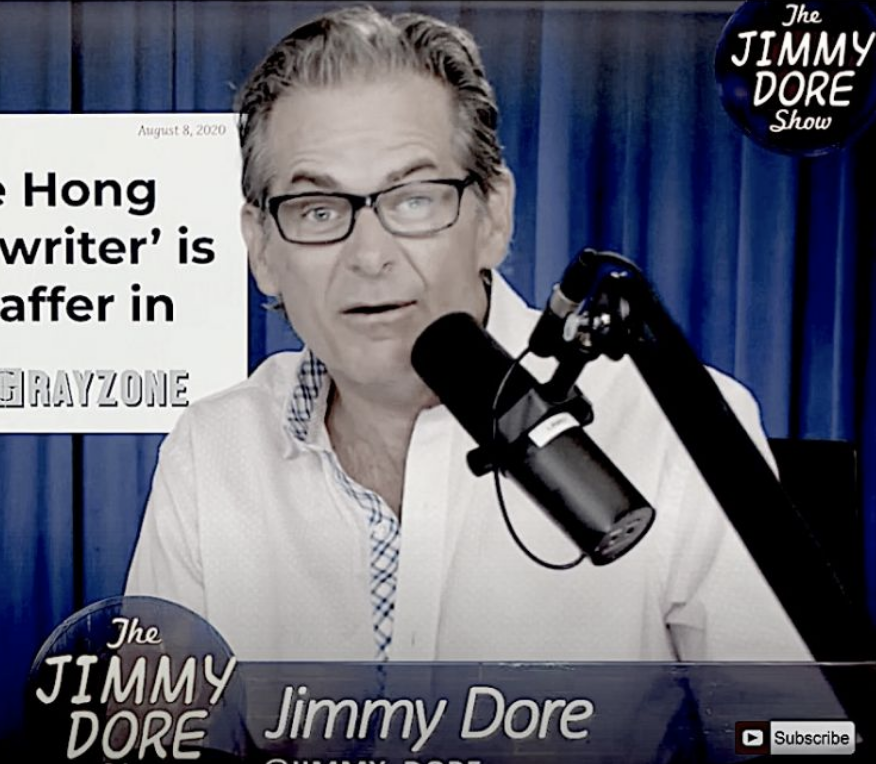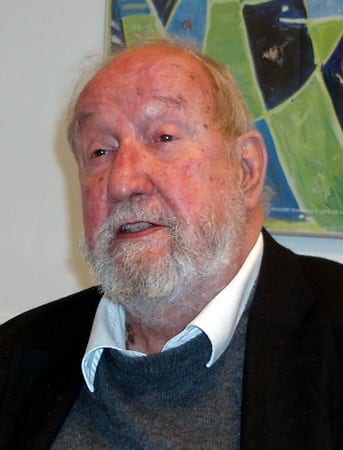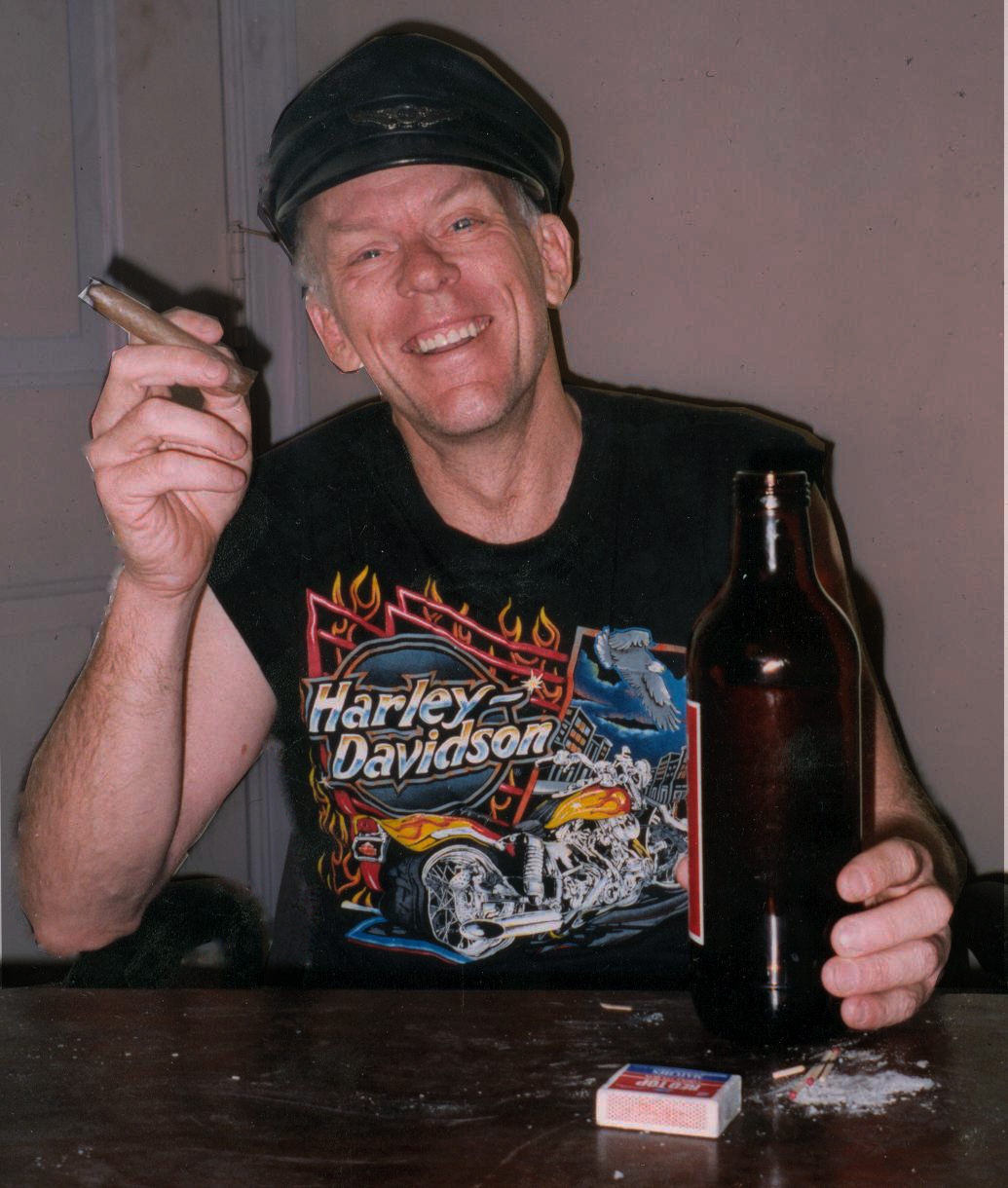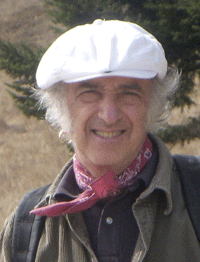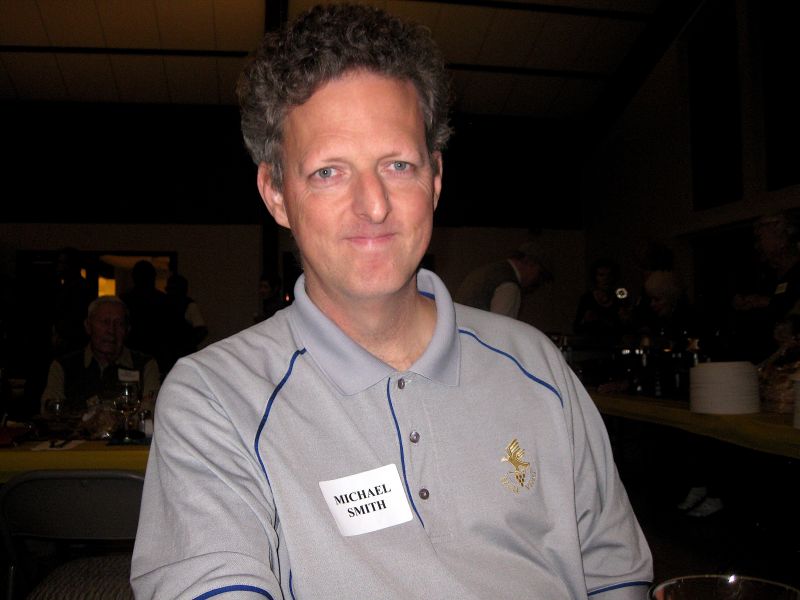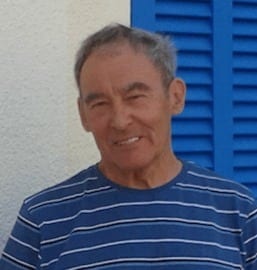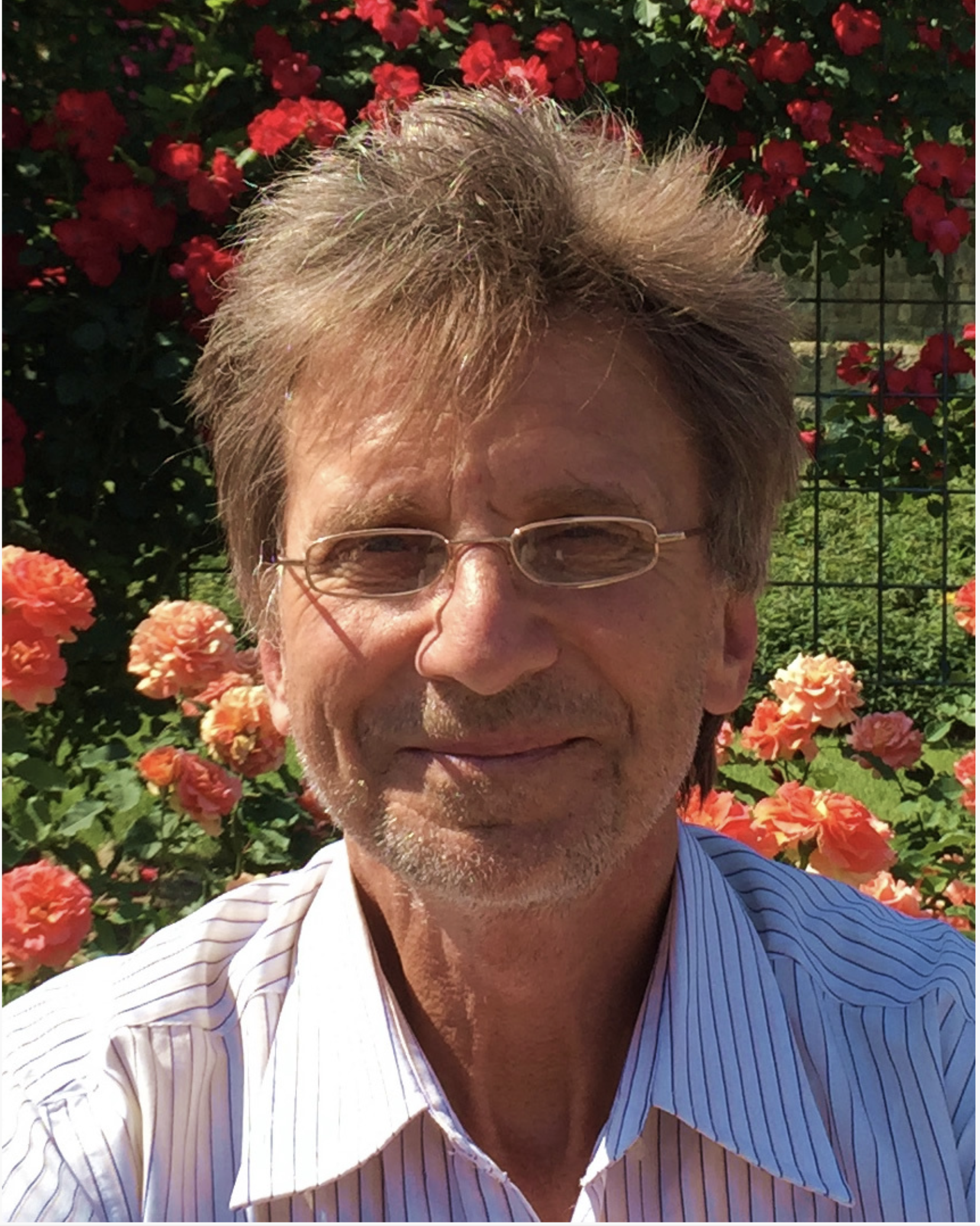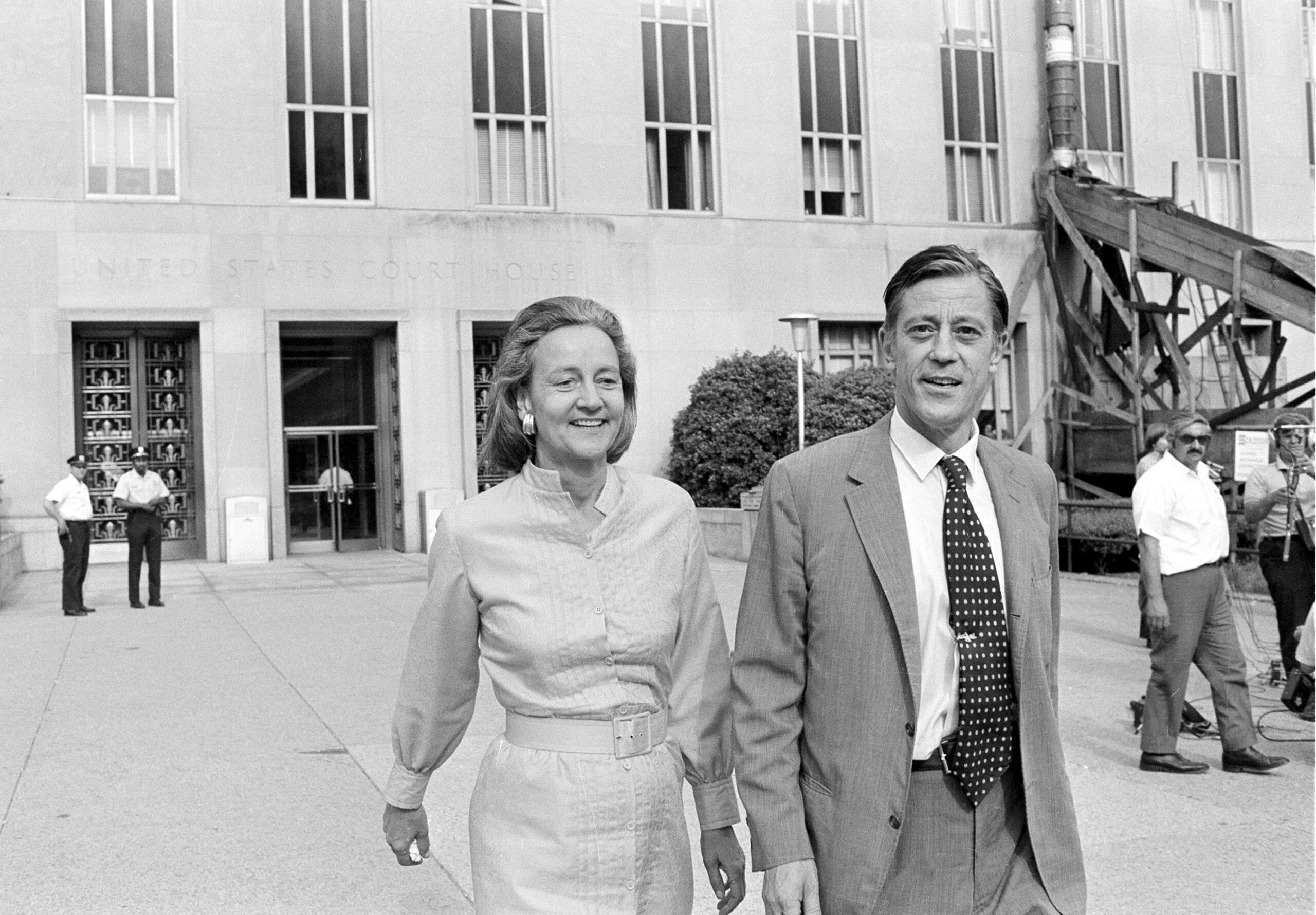Special Report: Washington Post’s editor Ben Bradlee, whose memoir was entitled “A Good Life,” is remembered by many as a tough-talking, street-smart journalist. But that reputation was more image than truth as the real Bradlee was an Establishment insider who knew which secrets to keep, writes James DiEugenio.

Bradlee with Woodward
When Ben Bradlee died last Oct. 21 at age 93, his widow Sally Quinn and his protegé Bob Woodward dutifully made the media rounds. They both lavishly praised his long tenure as executive editor of the Washington Post, which was predictable, since it was Bradlee who first hired Quinn at the Post (before marrying her) and Bradlee was influential in hiring Woodward, who then received much support from Bradlee.
The Post treated Bradlee’s death something like the passing of a former president, putting the story on the front page, above the fold, accompanied by a huge close-up picture of the man despite the fact that Bradlee had stepped down from the editor’s position more than two decades prior and although the Post had passed from the Graham family, which had hired Bradlee as editor and made him rich, to Internet entrepreneur Jeff Bezos who bought the paper in 2013.
Predictably, all of the above and more was quite flattering about Bradlee and his career in the newspaper business. The Post, which has fallen on hard times of late, wanted to remind its readers of a bygone age when the paper had much more cachet and influence than it does today (as did the rest of the mainstream media).
Yet, outside the MSM, Bradlee’s passing did not meet with such romantic nostalgia for a Lost Eden, a longing for the good old days of an ink-stained press or for American journalism in general. There are two reasons for this:
First, the model of media that Bradlee represented the top-down decision-making on what would run in the paper, in what form and where has been exposed as very flawed. Secondly, it can be shown with plentiful evidence that Bradlee and the Post did some, at best incomplete, at worst spurious, reporting on at least three mammoth issues from its heyday: John Kennedy’s assassination, the global policies of JFK’s presidency and even Richard Nixon’s Watergate scandal. There were several other major lapses, e.g., the murders of Martin Luther King Jr. and Robert Kennedy in 1968 and the CIA’s Contra-drug-running in the 1980s.
But Bradlee made his reputation writing about John Kennedy and editing Woodward and Carl Bernstein on Watergate. In historical terms, his work on those three topics has not held up, a characterization that is actually being kind. As I will show in this two-part series, Ben Bradlee epitomized what was wrong with the MSM and why it has fallen so far in both reputation and influence.
Born to Rule
His full name was Benjamin Crowninshield Bradlee, though he preferred the more regular-guy Ben Bradlee. But it was his middle name that tells you much about who Bradlee was and why his path upward to the top ranks of American journalism was so easy. The Crowninshields emigrated to America from Germany in the late 1600s. Once in America, they intermarried with so many partners from Britain that they were later considered of English stock and accepted among the Boston Brahmins.
For instance, Fanny Cadwalader Crowninshield married John Quincy Adams II, the great-grandson of John Adams. Through such relationships, the clan quickly rose up the ladder and became a force on the American scene.
Benjamin Crowninshield was Secretary of War under both James Madison and James Monroe. William Crowninshield was Secretary of War under Grover Cleveland. Charles Francis Adams IV, the great-great-grandson of Benjamin Crowninshield, was the first president and later chairman of Raytheon Company. Francis B. Crowninshield married into the Du Pont family.
There is an island that bears the family name, as did a World War I destroyer. There are several streets named after the family — in New York City; Providence, Rhode Island; and their home base of Massachusetts. Finally, Frank Crowninshield, Bradlee’s great uncle, along with his friend Conde Nast, helped create Vanity Fair magazine. He then edited Vanity Fair for 21 years.
Ben Bradlee was the son of Frederick Josiah Bradlee, an investment banker. His mother was Josephine deGersdorff, the daughter of a wealthy New York City corporate lawyer who had once been a full partner in Cravath, Swaine and Moore, John McCloy’s firm. (Jeff Himmelman, Yours in Truth, pgs. 60-61)
Bradlee grew up on Beacon Street in Beverly, an exclusive town on the North Shore about 26 miles from Boston, where his father bought a summer home from Harvey Bundy, McGeorge Bundy’s father (ibid, p. 106) and where Bradlee began his newspaper career after his father arranged a summer job for him as a copy boy for the Beverly Evening Times. (Himmelman, p. 59)
Beverly was home to the likes of the Lodges, the Saltonstalls, the Taylors, (who owned the Boston Globe) and Gates White McGarrah who, in the 1930s, ran the Bank for International Settlements. His grandson was Richard McGarrah Helms, future CIA Director during Watergate.
Dick Helms was Ben Bradlee’s friend from early childhood, Bradlee’s first but hardly only close association with someone who would be central to the Central Intelligence Agency. (Deborah Davis, Katharine the Great, p. 141)
Bradlee first attended the private Dexter School in Brookline. He then went to another private institution, St. Marks in Southborough, Massachusetts, for prep school. Most of their graduates opt for the Ivy League. So it was quite natural that Bradlee completed the upper elite cycle by attending Harvard. In fact, he was the 51st member of his clan to attend Harvard. (Himmelman, p. 37)
And complementing the Crowninshield heritage with the U.S. military, while he was there he entered the Naval ROTC program. But before he left for the service, he married into another Boston Brahmin family from Beverly, the Saltonstalls. His marriage to Jean Saltonstall produced one son, Ben Bradlee Jr., who also went into publishing.
Immediately after graduation in 1942, Bradlee attained his naval commission. He then joined the Office of Naval Intelligence. He served largely on a destroyer, the USS Philip in the Pacific as a communications officer handling classified and encoded messages from fleet headquarters and Washington.
When he returned from his naval service he helped found a publication called the New Hampshire Sunday News. Along with major investors Elias and Bernard McQuaid, he invested $10,000 in the enterprise and worked as a reporter there also. That weekly paper was then bought out by the notorious rightwing publisher William Loeb. (Davis, ibid, p.141) With this purchase, Loeb became the major newspaper publisher in the state.
That was in 1948. Bradlee took his money and rode a train down the East Coast. He was looking for a reporter’s job in either Baltimore or Washington. Bradlee always tried to insinuate that it was just an accident he chose the Post since it was raining hard in Baltimore and he didn’t want to get off the train.
But Katharine Graham’s biographer, Deborah Davis, writes that there was actually more to it than that. A confluence of Crowninshield banking connections who were familiar with the Post’s owner, fellow investment banker Eugene Meyer, “seem to have helped him get into the Post.” (ibid)
Bradlee worked the police beat there for three years, until 1951, but Bradlee wanted more excitement than the position held. He made his frustration known to publisher Phil Graham, who was married to Eugene Meyer’s daughter, Katharine.
There are two versions of what happened next, Bradlee’s and Davis’s. Bradlee says that through a friend from his New Hamsphire Sunday News days, he heard of an opening as a press attaché to the American embassy in Paris. Phil Graham, then editor at the Post, granted him a leave of absence. (Himmelman, p. 67)
According to Davis, when Bradlee threatened to leave, Graham talked to a few of his friends about him. And this is how he was hired as a press attaché at the American Embassy in Paris in 1951. (Davis, p. 141)
The Grahams
At this point in the story, it is necessary to shift the focus to the ownership of the Washington Post because, upon Bradlee’s return to the U.S., he quickly ascended the ladder of power within journalism to a position of fame and influence that few newspaper editors have ever achieved. This could not have been done without the help of the Graham family, the owners of the Post.
Eugene Meyer, Katharine Graham’s father, was part of the Lazard Freres investment banking clan. (Davis, p. 19) After graduating from Yale, he worked for that famous bank for four years before going independent. Early in life, he proved to be a financial adviser of the highest ability. He was under 30 when he purchased a seat on the New York Stock Exchange. (ibid, p. 26)
At age 28, Meyer opened his own investment house. By 1930, he had accumulated a fortune estimated at $40 million to $60 million. (ibid, p. 40) He then went into public service. He held various high positions under Woodrow Wilson, Herbert Hoover and Franklin Roosevelt. This included being Chair of the Federal Reserve from 1930-33. President Harry Truman appointed him the first president of the World Bank in 1946. (ibid, p. 27)
Although he was Jewish, Eugene Meyer avoided public identification with that religion as he was coming up in the world, according to his daughter Katharine. (Katharine Graham, Personal History, pgs. 6, 51) But behind the scenes, Meyer was very much involved with the American Zionist movement.
Cooperating with a hidden network of famous Supreme Court Justices Louis Brandeis and Felix Frankfurter and Cyrus Sulzberger of the New York Times, Meyer worked Wall Street for huge sums of money from wealthy Jewish families like the Schiffs and Guggenheims. These large sums helped form a group called the Anglo-Palestine Company, an entity that funded Jewish settlements in Palestine. (See Davis, p. 43. Also Alison Weir, Against our Better Judgment, pgs. 25 ff for the secret roles of Brandeis and Frankfurter).
Eugene Meyer also attended meetings investigating ways to supply arms to the young paramilitary group the Haganah. Meyer would remain a major contributor to Israel well after its establishment in 1948. But when he married his wife Agnes, in keeping with his low profile in this regard, it was a Lutheran church wedding, since that was her religion. (ibid, Davis, p. 45)
Kate Graham was born Katharine Meyer in 1917 on Fifth Avenue in New York City. She attended Vassar and then the University of Chicago. Her mother had been a reporter for the New York Sun and Agnes Meyer arranged for many weekend salons at the Meyer’s colossal Mount Kisco estate with the likes of Thomas Mann and Alfred Stieglitz. (ibid, p. 34, 51) From this experience, Katharine took an interest in journalism and publishing.
There was also the fact that Eugene Meyer had purchased the Post at auction in 1933, giving him a platform to project his personal ideas about national and international politics in Washington.
When Katharine Meyer graduated, her father got her a reporter’s job at the San Francisco Daily News. While there, she lived with her father’s sister who had married into the Levi Strauss family. In 1938, Katharine Meyer started working for the Post. Eugene Meyer had originally planned on grooming his daughter to eventually take over that paper, but she then met and married Philip Graham in 1940.
Phil Graham graduated from Harvard Law School and then clerked for Justice Frankfurter. (Davis, p. 78) In 1939, while Graham was his clerk, Frankfurter wrote the notorious majority decision in the Minersville v. Gobitis case, known as the flag salute case, which said that children of Jehovah’s Witnesses had to salute the flag against their religious principles.
Frankfurter wrote that “national unity is the basis of national security.” This valuation of security over the exercise of symbolic civil liberties deeply influenced Phil Graham during his stewardship of the Post. (ibid, p. 86)
Links to Intelligence
At the start of World War II, Phil Graham enlisted in the Army Air Corps. Like Bradlee, he went into intelligence. He was trained at Harrisburg, Pennsylvania. (ibid, p. 93) While there his instructor was James Russell Wiggins, whom he would later bring into the Post. Phil Graham worked for Gen. Douglas MacArthur and rose to the rank of major, returning home in 1945 from Japan.
At this juncture, Eugene Meyer gave his son-in-law a managerial position at the Post where Phil Graham initially assisted his father-in-law. However, after Eugene Meyer took over the World Bank, Phil Graham quickly rose to be publisher and editor-in-chief of the Post.
After the war, Phil Graham was even more national security conscious than before. So, although he remained fairly liberal on domestic issues, he was not so on foreign policy. He was really a Henry “Scoop” Jackson type of Democrat, what we might now call a neoconservative. (One exception to this was his criticism of Richard Nixon’s tactics in his headlong pursuit of Alger Hiss. ibid. p. 130)
Phil Graham spent a lot of his off-time drinking and talking at private clubs with the likes of the CIA’s Allen Dulles, Frank Wisner, Desmond Fitzgerald and Richard Helms. His view of international issues was rather similar to their ideas about the importance of stopping the mythical Red Hordes of Russia and China. Along with people like Bill Paley of CBS, Graham was invited to Dulles’s annual meeting of media figures at the Alibi Club, an exclusive private gentlemen’s club in Washington.

Phil Graham: He did what the rich are bound to do, instinctively: protect their class interest.
Because of this significant influence and close association, it is not really accurate to argue as former Post employee Jefferson Morley does that Phil Graham simply discussed the spin on important events about foreign affairs and incorporated the CIA’s view into those stories in his paper. It was much more systematic than that for Graham found men who shared a similar intelligence background with him and his new professional colleagues.
He also installed men from the intelligence world in his newspaper. For instance, managing editor Alfred Friendly was from Army Intelligence, as was Graham’s service buddy Russ Wiggins, who became executive editor. Chief editorial writer Alan Barth was from the Office of War Information.
Another editorial writer, Joe Alsop, worked for Gen. Claire Chennault’s famous Flying Tigers in World War II and later admitted he worked for the CIA as a journalist. Chalmers Roberts, the national affairs editor, had worked in signals intelligence. John Hayes was from the Armed Forces Network of the OSS, the CIA’s forerunner. Hayes worked on the broadcast side of Graham’s expanding media empire and became executive vice-president of the parent company. (ibid, p. 132)
Exaggerating only slightly, the Washington Post could easily be looked back upon as a civilian intelligence center.
Out of these secret relationships came Operation Mockingbird, the CIA’s project to control the media not just abroad but inside America. This media project was partly exposed during the explorations of the Church Committee in 1974-75. But the Agency reportedly drew the line at Sen. Frank Church including an exposé of it in the actual report. Therefore, Church only referred to it in the most general terms.
But disclosure went further in Rep. Otis Pike’s report as published in the Village Voice in 1976. (See Pike Report, 1977, Spokesman Books, pgs. 222-24, 232-34). So much so that even the New York Times published a front-page story about the overseas aspects of the operation. Finally, Rolling Stone in 1977 and Deborah Davis in her 1979 book Katharine the Great largely exposed Mockingbird and Phil Graham’s role in its formation.
Life in Paris
When Bradlee arrived in Paris in 1951, he worked as an assistant press attaché from the American Embassy for about one year. By 1952, he was on the staff of something called the USIE, or United States Information and Educational Exchange. (Davis, p. 141) This agency later became known as the United States Information Agency, which controlled the Voice of America, a pet project of the CIA’s Allen Dulles for many years.
Working out of USIE’s Regional Publication Center, Bradlee helped create and distribute all sorts of propaganda to frame a positive image of the United States in the shadow of the Cold War. There is very little doubt that Bradlee had interactions with the CIA at this time since the Paris Regional Center produced CIA products when needed and Bradlee worked on them. (ibid, p. 142)
Davis said the group that Bradlee worked for planted newspaper stories and had many reporters on the payroll; Bradlee’s group often produced stories in-house and handed them to these reporters for distribution throughout Europe.

Ah, the iconic journalist—not. Actually a lifetime CIA asset, and proud of it.
As Davis explained, the USIE was really the propaganda arm of the American Embassy, and its products were channeled by the CIA all over Europe. Bradlee also worked with a CIA-associated agency called the ECA, the Economic Cooperation Administration, which spread anti-communist propaganda. (Davis, pgs. 179-80)
In the first edition of Katharine the Great, the above is about the sum of what Davis wrote concerning Bradlee’s work for USIE. In a later interview with Kenn Thomas of Steamshovel Press, Davis said Bradlee “went totally crazy after the book came out. . . . He was going all up and down the East Coast having lunch with every editor he could think of saying that it was not true.”
In fact, under the influence of Kate Graham and Bradlee, Davis’s publisher withdrew and then shredded the valuable first edition of Davis’s book. She successfully sued the publisher and a new publisher turned out a second edition.
By the time the second edition emerged, Davis had discovered more data on what Bradlee was actually doing in Paris and how close he was with the CIA. Bradlee appears to have been a major operator in the campaign to convince Europe that Julius and Ethel Rosenberg, who had already been convicted of atomic espionage, deserved to die in the electric chair. Some of the declassified documents Davis got through FOIA had Bradlee writing letters to attorneys from the case in America, telling them he was working with the CIA station chief in Paris and had the Agency’s permission to go through its files to search for incriminating material.
Davis wrote that Bradlee’s Rosenberg campaign covered 40 countries on four continents. What Bradlee was doing in Paris had more than a faint echo of what Phil Graham was doing in Washington at the time.
When the office closed down in 1953, Bradlee’s boss informed him that he could probably get a job with the Paris office of Newsweek, where he did secure a position by talking to and then replacing the conservative Arnaud de Borchgave [the "Little Count"] as Newsweek’s bureau chief. (Himmelman, p. 70)
The Pinchot Sisters
Around this time, Bradlee met Antoinette “Tony” Pinchot, who, like himself, was married. She was traveling in Europe with her sister Mary Pinchot Meyer, wife of CIA officer Cord Meyer, on what the two women reportedly described as a “husband-dumping trip.” Bradlee and Tony Pinchot struck up a romance, and he began divorce proceedings against his first wife. Pinchot filed for divorce from her husband, lawyer Steuart Pittman, who would later serve as President John Kennedy’s assistant defense secretary.
Like the blueblood he was, Bradlee lived in the style of the old French aristocracy while he was Paris bureau chief for Newsweek. He vacationed with the likes of novelist Irwin Shaw in Biarritz. He rented a chateau really a castle built in 1829 and covering around 100 acres, including a swimming pool and a pond. It had 65 rooms and two ballrooms. He and Tony hosted many an upper-class party there. (Himmelman, pgs. 71-72)
In 1957, upon returning to America, Bradlee and Tony married. Assigned to Newsweek’s Washington bureau, Bradlee settled his new family into the fashionable Georgetown area of Washington.
Two things then occurred that had great impact on Bradlee’s future. First, Tony met Jackie Kennedy, who lived just a few doors down in Georgetown. The two became fast friends, and through that relationship, Ben Bradlee met Sen. John Kennedy, an up-and-coming politician from Massachusetts. This relationship had quite a fortuitous impact on his career because once Kennedy became President, Bradlee had extraordinary access to him as Tony and Jackie remained close friends.
Second, in 1961, Bradlee’s old friend (and rising CIA official) Dick Helms told Bradlee about Helms’s grandfather’s wish to sell Newsweek. (Davis, p. 229) Helms did this since he knew Bradlee would tell Phil Graham, and Helms wanted Graham to buy the magazine to ensure it would become part of Mockingbird.
As Bradlee once said, “If we could persuade somebody to buy it who shared our goals in journalism, it would be a wonderfully worthwhile thing to do.” (Himmelman, p. 75. Interestingly, in Himmelman’s account, which was done with Bradlee’s cooperation, Helms is left out of the exchange.)
These two episodes had a strong effect on Bradlee’s career trajectory. Because he was now based in Washington, his relationship with Kennedy was pure gold in the journalistic field. As JFK’s star rose and he became a presidential possibility, Bradlee “became the go-to guy for quotes from the candidate.”
Bradlee’s reporter days were soon over. He became Newsweek’s Washington bureau chief. (Himmelman, pgs. 74, 82) President Kennedy would tip him off occasionally about an upcoming story, like the spy swap of Rudolf Abel for Gary Powers. (ibid, p. 86)
Unknown to Kennedy, at least at first, Bradlee kept a journal of their meetings. He later turned this journal into a book a point we shall discuss later.
Bradlee’s Rise
If the relationship with Kennedy brought Bradlee prestige and status in the world of journalism, the deal he helped broker for Newsweek made him filthy rich for life. Phil Graham rewarded him with a finder’s fee: not in cash, but in Post stock options. The stock of the Post company would soon skyrocket, especially after it went public in 1971.
As Bradlee once said, Graham’s generosity made him a millionaire many times over. He ended up buying a house that occupied almost an entire city block, while he owned another in the Hamptons. (Himmelman, p. 457) Bradlee’s boyhood friendship with Dick Helms had paid off in spades.
In 1963, both John Kennedy and Phil Graham died. There is a mountain of controversy about the former’s assassination. There is a hillock about Phil Graham’s, which was categorized as a suicide but has remained a point of some controversy in Washington social circles.
At the time of his death, Graham had taken up with a young woman named Robin Webb, and Phil Graham, who received the bulk of the private stock in the Post from his father-in-law Eugene Meyer much more than Katharine Graham received was in position to shut her out of control of the newspaper. (Davis, p. 119)
If Phil Graham divorced Kate Graham and married Robin Webb before his death, Webb could eventually have controlled the paper. Phil Graham had changed his will three times in the last year of his life, each time giving his wife less and less of his estate. (ibid, p. 168) After his death, Kate Graham’s lawyer challenged the last will and she took control of the paper after a probate hearing, with the last will not on the public record. (ibid, p. 169)

Kate Graham and Bradlee: Determined defenders of privilege.
Phil Graham’s death opened the door for Bradlee’s ascension to the pinnacle of power at the Post. Katharine Graham was more conservative than her husband, as commentators have noted, she really did not like the sensational Sixties.
For instance, Katharine Graham once said about the Freedom Riders, “The students will be used by extremists who want very much to see the state occupied by federal troops.” About anti-war demonstrators and civil rights activists, her opinion was that communists were working in America to create chaos. (Davis, p. 237-38)
She also supported the Vietnam War and when President Lyndon Johnson decided not to run in 1968 because of growing anti-war sentiment across the United States, she wept.
The Post and the War
Kate Graham’s relationship with Johnson appears to go back to 1964 when LBJ invited her to his ranch after the ‘64 Democratic convention. Johnson told her that although he did not like Bradlee at first, he did now. She returned the confidence by telling Johnson that although Phil Graham had gotten along well with JFK, she did not and that she very much admired what Johnson had done so far. She was in his corner, and so was her mother who wanted to contribute money to his campaign. (Davis, p. 207)
After this encounter, Kate Graham stood by LBJ through every escalation of the Vietnam War and at his invitation in early 1965, she toured South Vietnam, a completely stage-managed affair. At the U.S. Embassy in Saigon, she was given a whole spiel about how the Strategic Hamlet program was working. National Security Advisor McGeorge Bundy, a supporter of the war at that time, was also on hand to brief her.
Katharine Graham met with the leaders of the Saigon government, too, with the whole affair culminating in a dinner with Stewart Alsop and Rowland Evans, two media stalwarts of the Establishment who backed Johnson’s militarization program at the time. (ibid, p. 222)
LBJ’s manipulation worked. Upon her return, an unsigned editorial endorsed Johnson’s escalation policy as part of a long war to drive communism out of Asia. Without noting that this was a reversal of Kennedy’s policy as expressed in National Security Action Memorandum 263, which JFK signed in October 1963. (See Destiny Betrayed by James DiEugenio, pgs. 366-67)
Johnson was so appreciative of Katharine Graham’s support that he allowed her editors privileged access to Pentagon officials and secret cables about the conduct of the war. (Davis, pgs. 222-23)
But, more important to the arc of Bradlee’s career, Kate Graham returned with an eye toward ridding herself of the old mainstays of Phil Graham’s reign at the Post. She wanted someone younger whose loyalty to her was unquestioned. She decided to replace Al Friendly as managing editor, while Ben Bradlee did all he could to flatter and charm the new publisher. He made clear that his ultimate objective was to replace Phil Graham as executive editor of the Washington Post.
When Katharine Graham talked to Bradlee about the job, he reportedly said he really did not have any political viewpoint, but he added he would not hire any “sonofabitch reporter” who was not a patriot. (ibid, p. 224)
Bradlee soon replaced Friendly and began to spend many nights at Kate Graham’s home cementing an overall plan. Bradlee’s paeans to her knew no bounds. He once said that she could become as powerful in Washington as the president. (ibid, p. 230) Bradlee also would get rid of other members of the Post’s old guard, such as John Hayes, and he confined Russell Wiggins to the editorial pages.
Bradlee was in sync with his boss’ support for a robust role of the United States around the world. The Post’s original Vietnam correspondent was Ward Just, who was good at relaying vignettes about combat action in the field while never seriously questioning the underlying assumptions or origins of American involvement.
But that was not hawkish enough for Bradlee/Graham. In 1967, Ward Just was replaced by Pete Braestrup who adhered more to the LBJ/Kate Graham line.
As many commentators have noted, what was astonishing about the Bradlee/Graham loyalty to Lyndon Johnson was not that it was a clear reversal of Kennedy, but that it continued even after the Tet offensive. This is why, in 1968, Kate Graham would have preferred Republican Richard Nixon over antiwar Democrat Eugene McCarthy. (ibid, p. 246) In the general election between Nixon and Johnson’s Vice President Hubert Humphrey, the Post did not make an endorsement. (James Brian McPherson’s The Conservative Resurgence and The Press, p. 234)
The Pentagon Papers
Much of the Post’s hawkishness during the 1960s has been forgotten because of the newspaper’s later role in publishing some of the Pentagon Papers in defiance of Nixon’s court actions to block their release to the public. Many have heralded Bradlee and Graham for this act, but the praise ignores two important points about the whole affair.
It was not the Post that published the Pentagon Papers first, but the New York Times, which was then enjoined from further publication due to the Nixon administration’s lawsuit. It was only at this point that the Post began to publish the classified papers. But that is not the whole story because the Post had the opportunity to publish them first.
Daniel Ellsberg, the former Defense Department official who had pilfered a copy, took them to the Post’s editorial chief Phil Geyelin. But at the time, the Post was still on even terms with the Nixon administration and Nixon’s chief foreign policy adviser Henry Kissinger was escorting Kate Graham to dinner and movies.
Ellsberg had met with Kissinger in September 1970 and January 1971 and expressed his concerns about the war. Kissinger passed onto Graham that Ellsberg was unreliable and unbalanced. So, when Geyelin introduced Ellsberg to Graham and Bradlee, they snubbed him. It was only then that Ellsberg went to Neil Sheehan and the Times. (Davis, pgs. 256-57)
In June 1971, the Times published about three days of stories before the White House sued and the Supreme Court ordered them to temporarily stop. But those three days created a nationwide sensation and solidified the Times’ reputation as the nation’s premier newspaper. So Bradlee sent a Post employee to find Ellsberg, who was in hiding in Boston. Ellsberg sent a smaller set of the papers to the Post.
Bradlee, aware that the court might soon enjoin him also, decided to take the documents to his own home. He then brought in several editors and reporters to scour them and get out a story immediately. (Himmelman, pgs. 46-47) The Post published for a couple of days before they were joined in the suit.
In those few days of stories by both the Times and Post, there was not one mention of the attempt by President Kennedy to withdraw from the conflict, which was mentioned in the Pentagon Papers. In the Gravel Edition-Volume 2, Chapter 3 is entitled “Phased withdrawal of US Forces, 1962-64.” There is a discussion about Defense Secretary Robert McNamara’s plan to withdraw American troops from Vietnam by 1965. It’s a long chapter, about 60 pages, and it notes that the withdrawal did not happen. But that is because the phased withdrawal was stopped in 1964 by LBJ who chose to escalate instead.
Can one imagine the furor that would have been created if Bradlee had printed this story and then supplemented it with some real reporting by those involved, like McNamara himself? But how could such a thing happen with Bradlee’s obeisance to Kate Graham and her infatuation with Lyndon Johnson, who was still alive at the time? On the other hand, it would have served the memory of Bradlee’s deceased friend John Kennedy well. And it would have served the cause of truth.
Bradlee also never wrote about the genesis of the Pentagon Papers, which were ordered up by McNamara as he — like several Kennedy holdovers (e.g. McGeorge Bundy, George Ball, Ken O’Donnell) — grew increasingly frustrated with Johnson’s escalation policy. In 1967, McNamara decided to quit, but before he did, he ordered a complete review of just how the U.S. had gotten involved in this epic debacle.
If Bradlee would have learned this, he would have seen how this echoed just what JFK was going to do back in 1963. Kennedy told aide Mike Forrestal that when he got back from Dallas, there was going to be a long review of how America got involved in the war. (DiEugenio, ibid, p. 368) Under LBJ, that did not happen.
After Johnson had reversed Kennedy’s policy and after four years of Johnson’s disastrous escalation McNamara was finally carrying out Kennedy’s wishes. Again, that would have been a wonderful story about Bradlee’s old friend and would have served the cause of truth. But it never happened. In fact, there is no trace of Bradlee ever even alluding to it anywhere.
End of Part One (For Part Two, click here.)

![]() Edward Curtin is a writer and sociologist. He teaches at Massachusetts College of Liberal Arts. Educated in the the classics, literature, theology, and sociology, his writing on a wide variety of topics has appeared widely over many years. He tries to write as a public intellectual for the general public, not as a specialist for a narrow readership.
Edward Curtin is a writer and sociologist. He teaches at Massachusetts College of Liberal Arts. Educated in the the classics, literature, theology, and sociology, his writing on a wide variety of topics has appeared widely over many years. He tries to write as a public intellectual for the general public, not as a specialist for a narrow readership. Nauseated by the
Nauseated by the






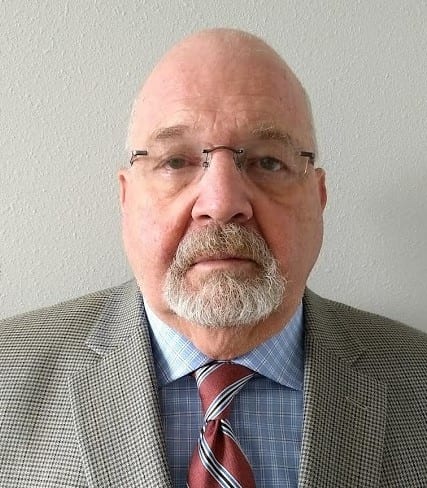
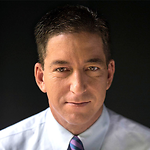




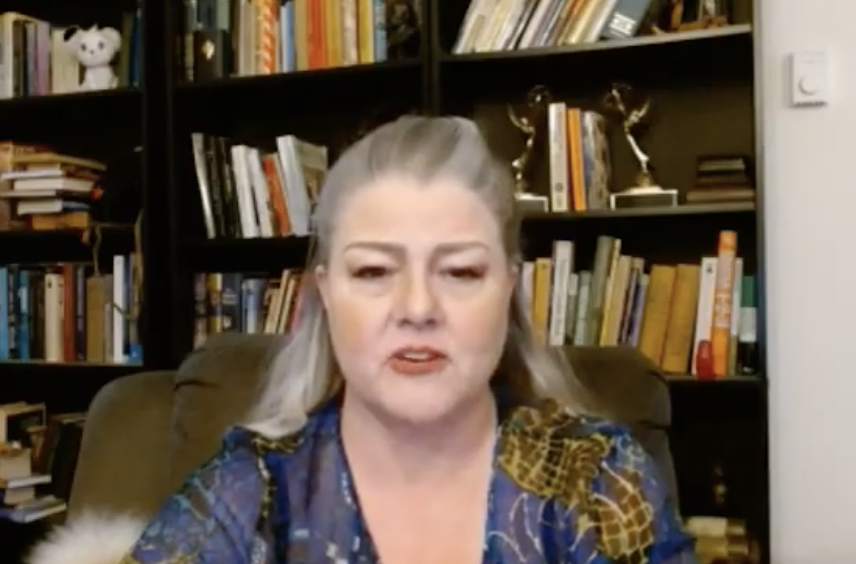


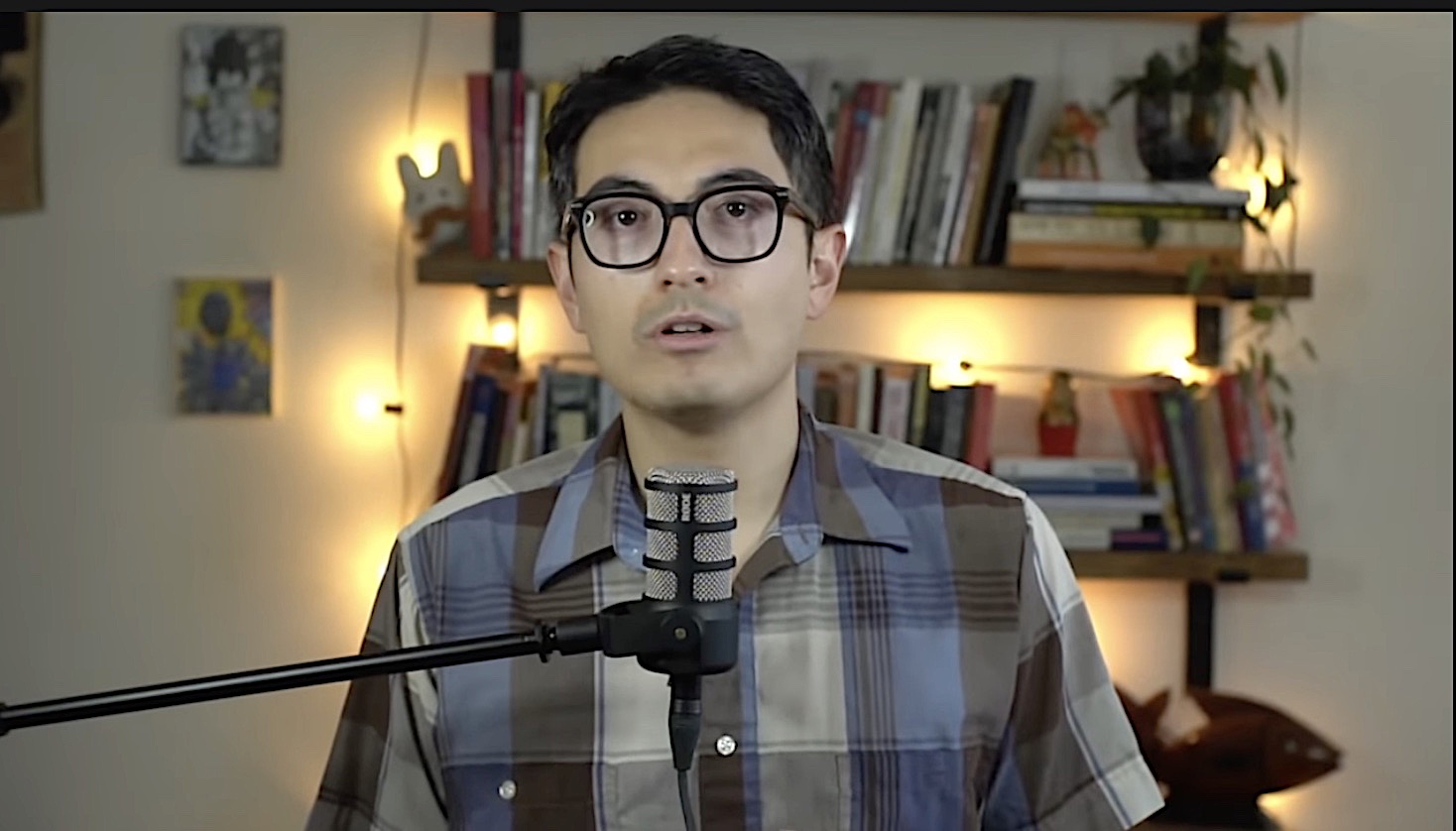



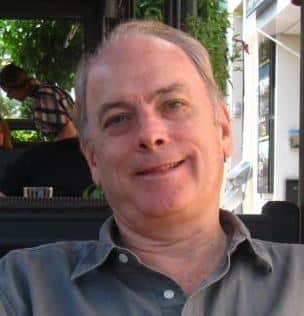 Jim Kavanagh, a native and denizen of New York City, is a former cab driver and college professor. His articles have appeared on Counterpunch, The Greanville Post, The Unz Review, Z, and other sites around the net. He blogs at his website, thepolemicist.net, from a left-socialist perspective.
Jim Kavanagh, a native and denizen of New York City, is a former cab driver and college professor. His articles have appeared on Counterpunch, The Greanville Post, The Unz Review, Z, and other sites around the net. He blogs at his website, thepolemicist.net, from a left-socialist perspective.




